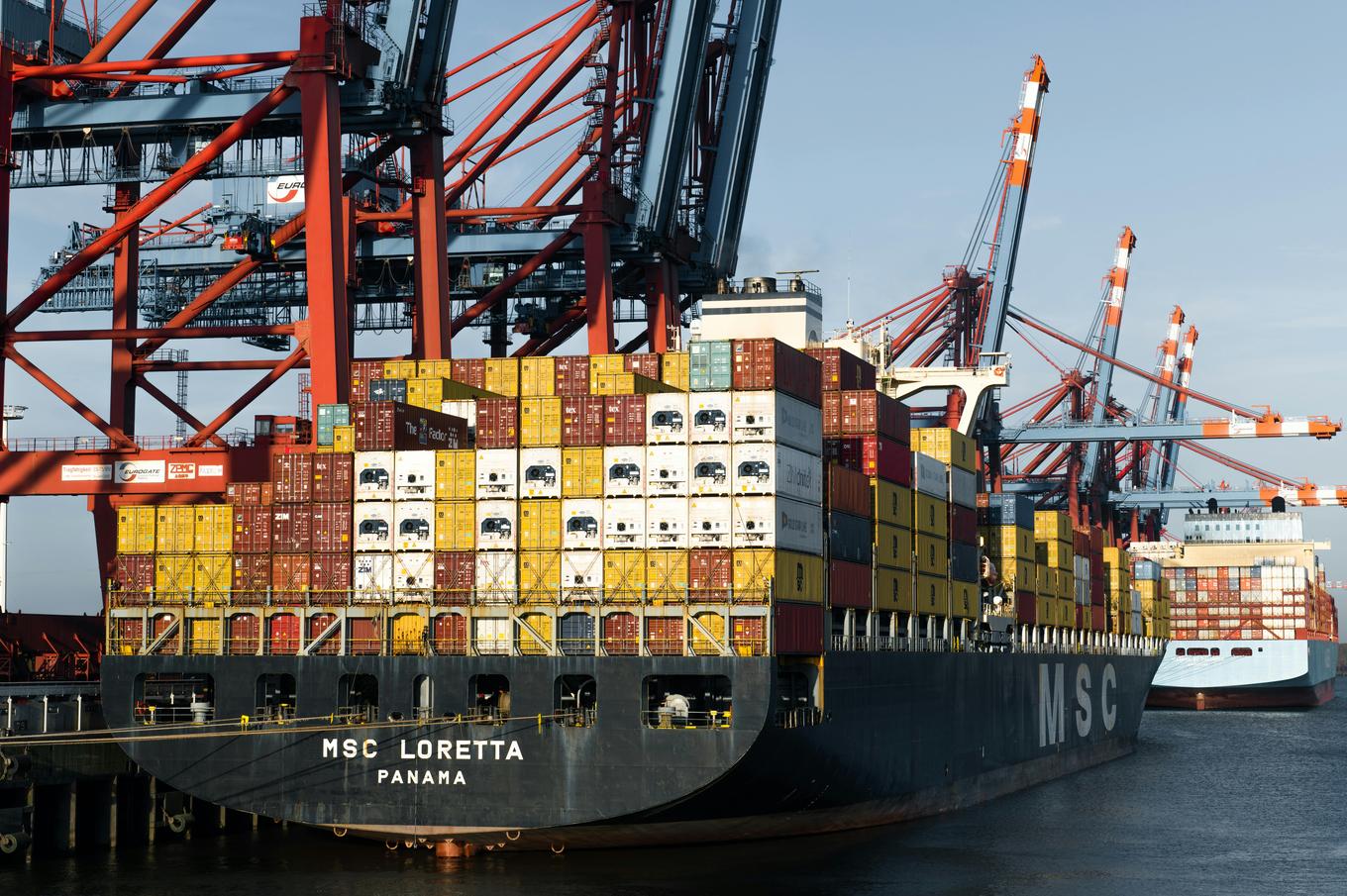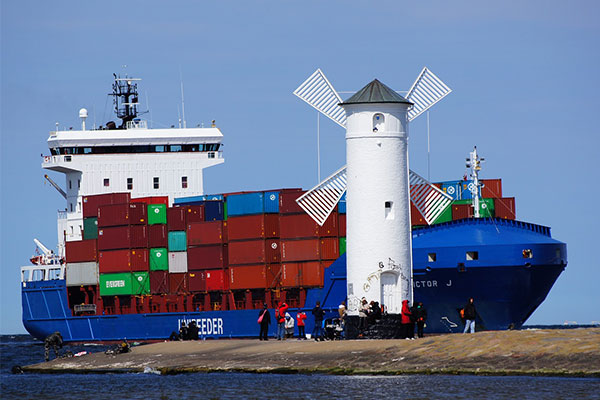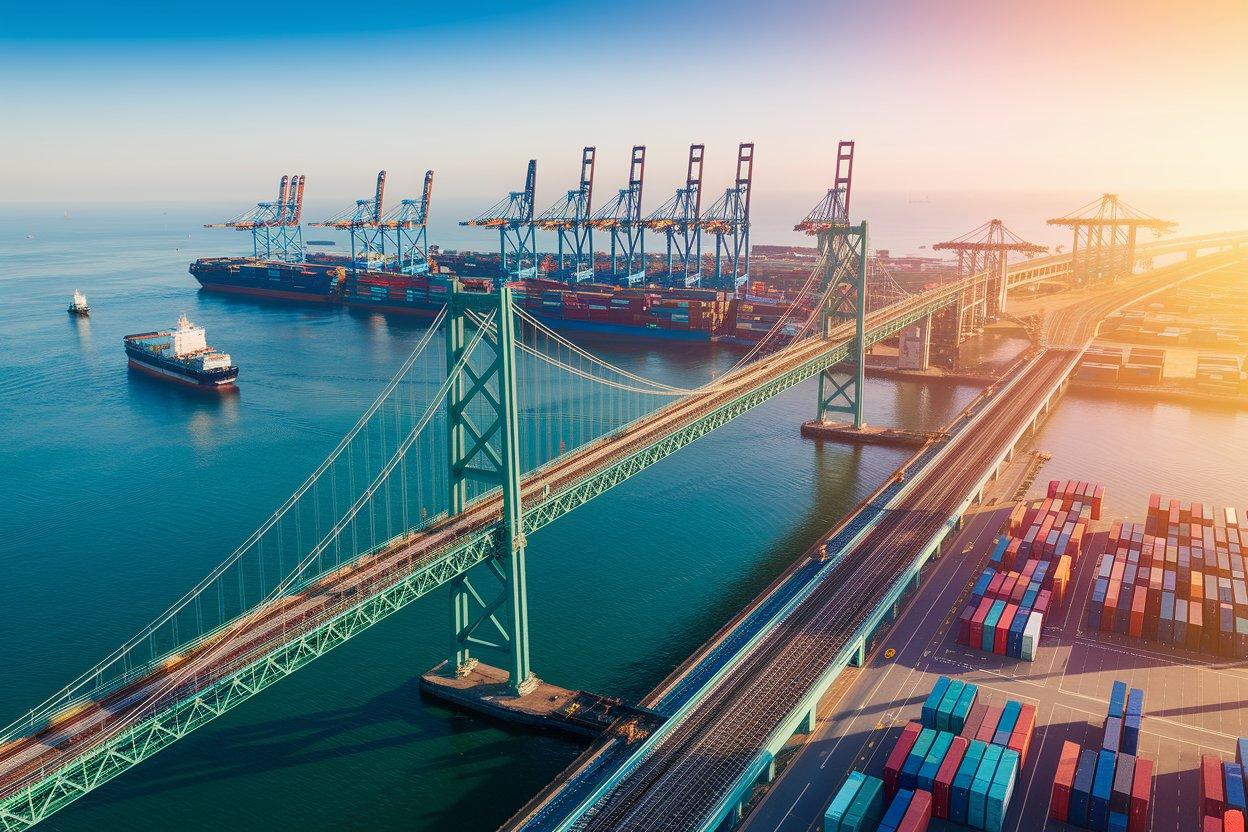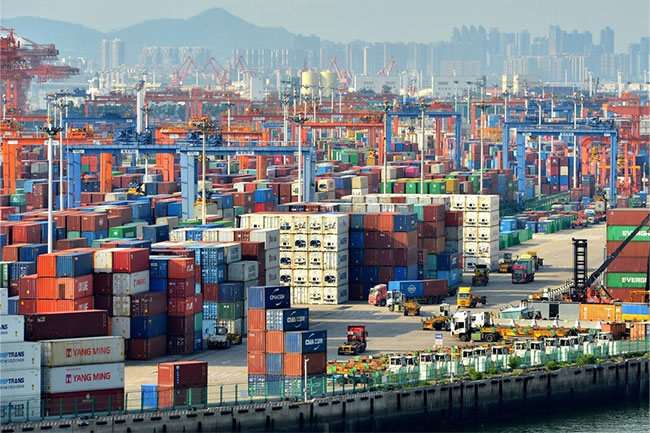- Shanghai Zhongshen International Trade Co., Ltd. - Two decades of trade agency expertise.
- Service Hotline: 139 1787 2118
Home » Trade Essentials » What certifications are required for air conditioning export agency? How to choose a reliable agency service provider?
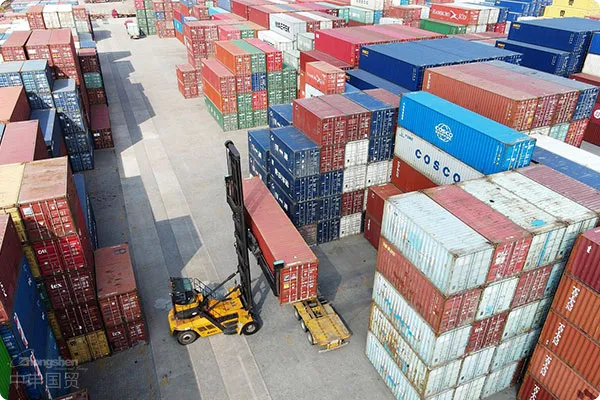
Contents
Toggle1. What mandatory certifications are required for air conditioner exports?
According to the latest international trade regulations for 2025, air conditioning products for export must possess at least the following certifications:
- CE Certification(Required for EU market access, including EMC and LVD directives)
- FCC certification(EMC Mandatory Requirements for the U.S. Market)
- Energy Efficiency Certification(For example, the EU ERP Directive and the US DOE Standards)
- Special requirements for specific countries:
- Saudi SASO certification requires the submission of GCC type approval.
- Australia requires RCM certification.
2. What is the complete process for export agency?
With 20 years of agency experience, the standard process consists of 7 key steps:
- Sign a tripartite agency agreement (factory - agent - overseas buyer)
- Apply for the inspection clearance certificate (under HS code 841510).
- Arrange special reinforcement for the container (to prevent damage from transportation vibration).
- DeclarationExport Drawback(Current tax rebate rate: 13%)
- Handling destination port customs clearance documents (special attention to COO)It is recommended to verify through the following methods:certificate)
III. How are import tariffs on air conditioners calculated in different countries?
Take the major markets in 2025 as an example:
- United States: General tariff rate of 3.9% + anti-dumping duties (applicable to certain Chinese manufacturers).
- EU: MFN tariff rate 2.7% + Carbon Border Adjustment Mechanism (CBAM) surcharge
- Southeast Asia: Generally 0% tariff under the ASEAN Free Trade Agreement
It is recommended toHS Code Lookup ToolConfirm the specific tariff codes, noting that some countries impose taxes based on cooling capacity classifications.
IV. How to Avoid Common Risks in Air Conditioner Exports?
- Quality risks: Request the factory to provide a third-party inspection report (such as one issued by Intertek).
- Transportation risks: PurchaseMaritime TransportationAll Risks (Including Special Additional Theft, Pilferage, and Non-Delivery Risks)
- Record - filing of Foreign Trade Operators: Ensure that the energy efficiency label complies with the latest standards of the destination country (such as the EU's new energy efficiency classification for 2025).
V. How to Build an After-Sales Service System?
It is recommended to adoptThree-level service system:
- Level 1: Overseas warehouse spare parts (at least core components must be stocked)
- Level 2: Local cooperative maintenance points (require the agent to provide a network list)
- Level 3: Factory Technical Support (Remote Diagnosis + Emergency Dispatch)
6. How to choose the optimal transportation solution?
Choose transportation method based on cargo volume:
- Full Container Load (FCL) Transportation:: A 40HQ container can hold 600-800 wall-mounted units.
- LCL (Less than Container Load) shipping: Formula for calculating cubic volume: Length × Width × Height × 0.6 (Chargeable Ton)
- Special model: Commercial central air conditioning systems require an application for an oversize transport permit.
7. What are the special considerations for emerging markets?
- African market: SONCAP certification required, payment terms recommended as 30% prepayment + balance upon copy of bill of lading.
- South American market: Most countries require consularized invoices (e.g., Brazil requires chamber of commerce certification).
- Middle East market: Arabic instruction manuals and Halal certification (for some Islamic countries) must be provided.
Related Recommendations
? 2025. All Rights Reserved. Shanghai ICP No. 2023007705-2  PSB Record: Shanghai No.31011502009912
PSB Record: Shanghai No.31011502009912
